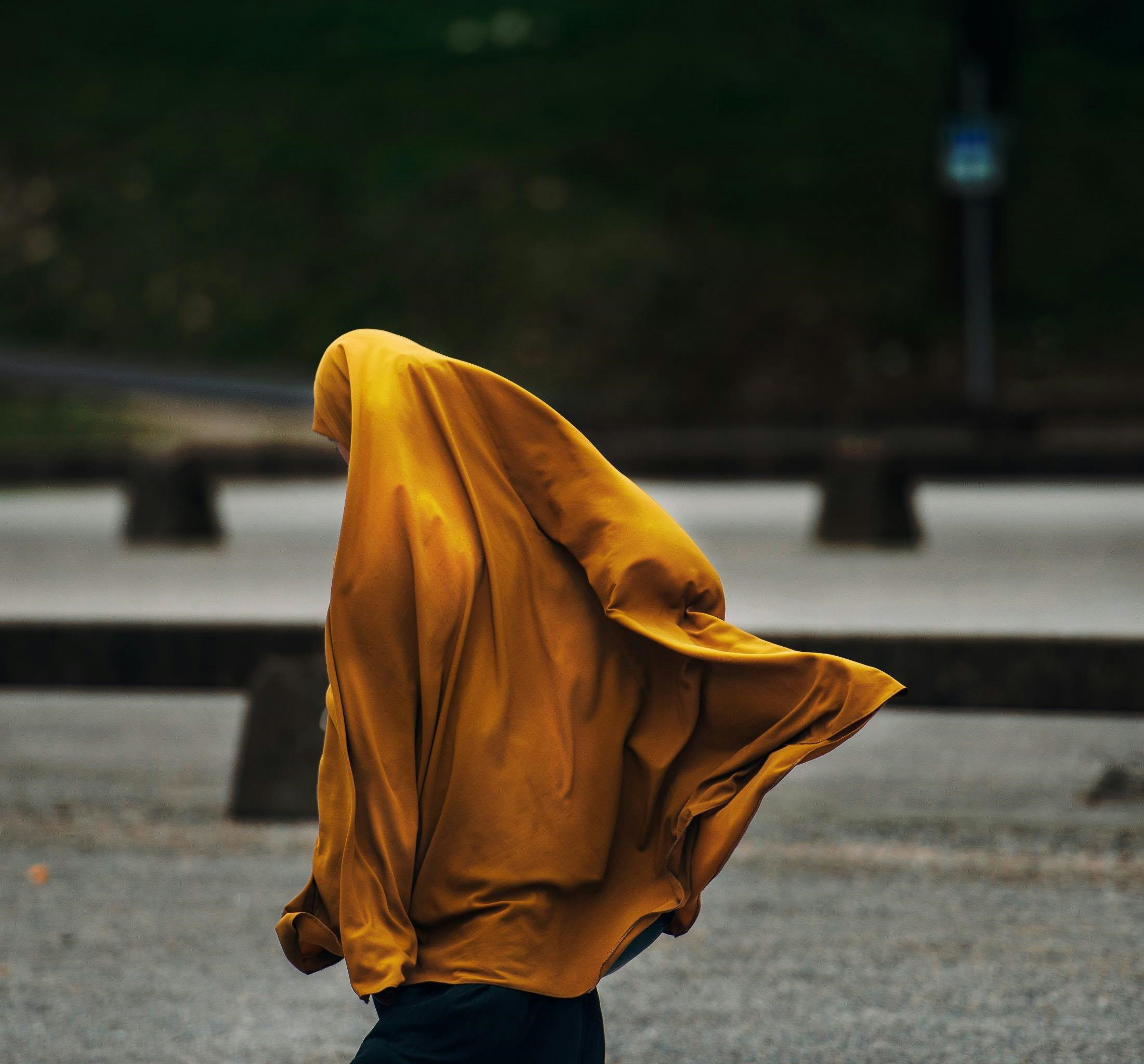News
Gender Apartheid in Afghanistan: Is the UN Here to Save the Day?

Women and girls are an integral part of any thriving society, as their roles can never be exchanged with those of their male counterparts.
But across the globe, many women and girls still face discrimination based on sex and gender. Gender inequality underpins many problems which disproportionately affect women and girls, such as domestic and sexual violence, inadequate access to education, leadership and governance opportunities.
For many years, women’s rights movements have fought hard to address this inequality, campaigning to change laws or taking to the streets to demand their rights are respected, which are in the real sense, just human rights.
These movements would have been thought to yield positive results globally, as more than 90 million working-age women have gained legal equality in the last decade.
However, the recent concerns raised by the United Nations (UN) at numerous reports that scores of women and girls in Afghanistan have been arbitrarily detained and subjected to ill-treatment since early January for allegedly violating the Taliban’s dress code for women, calls for raised eyebrows.
The genesis was in May 2022 when the Taliban ordered all women to observe “proper hijab”, preferably by wearing a ‘chadari (a loose black garment covering the body and face) in public and made male relatives responsible for enforcing the ban or face punishment.
According to the UN, women and girls were forcibly taken into police vehicles and accused of wearing a “bad hijab”, and held incommunicado, with the Taliban reportedly claiming that they were wearing colourful and tight clothing against their instructions.
Is the right to adequate clothing, or the right to clothing, not recognized as a human right under Article 25 of the Universal Declaration of Human Rights (UDHR)? Why do women and girls get subjected to wearing clothing they don’t feel good to wear?
Beyond laws that are not meant to be violated, the humanity factor needs to be questioned as women and girls in Afghanistan are now subject to physical violence, and in some cases deprived of proper meals.
This violation of human rights has garnered the attention of private and public agencies alike. In fact, according to a statement made by a UN expert concerning the current situation in Afghanistan; “Women and girls were reportedly held in overcrowded spaces in police stations, received only one meal a day, with some of them being subjected to physical violence, threats and intimidation,” the experts said. “Legal representation and access to justice or reparation was not availed to them”.
What more violates women’s agency and perpetuates an institutionalized system of discrimination, control of women and girls, and further diminishes their place in society?
It is a breath of fresh air that agencies like the UN have urged the Taliban to end gender apartheid and all arbitrary deprivation of liberty, targeting women and girls based on the strict dress code they have imposed, and immediately release any women and girls who may still be detained.
There are reports issued by the United Nations Assistance Mission in Afghanistan (UNAMA), documenting human rights violations by the de facto authorities in contravention of international law. Are these not punishable violations?
Voicing concern over the more than 50 decrees issued by the Taliban, aimed at eliminating women from public life and education, a report by UNAMA says more than 46 per cent of Afghan women stated that the Taliban should not be recognized under any circumstances as a standing government. Perhaps, the Taliban greatly underestimates the capabilities of the female gender and what it can achieve.
What now is the way forward? Can the women and girls in Afghanistan wake up to the end of this nightmare someday soon?
This question will remain, until immediate and urgent intervention is made, to deliver human rights and freedom back into the hands of women and girls in Afghanistan. Women’s rights are Human rights!













